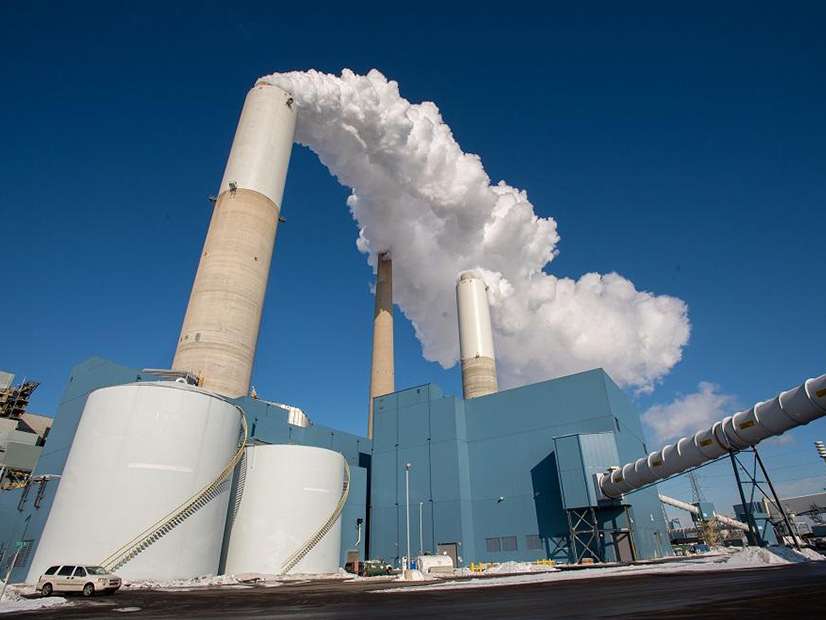Amid a strong second quarter showing, DTE Energy’s Jerry Norcia signaled that the utility could be accelerating some coal plant closures.
“We’re looking at how we can accelerate our coal retirements … We are looking very closely at how we can accelerate all of these retirements prior to 2040,” Norcia told financial analysts during the company’s second-quarter earnings call Monday.
DTE (NYSE: DTE) committed to retiring all its coal generation by 2040 in its last integrated resource plan (IRP) in 2020.
Norcia said the company would issue an update “likely at the end of the year or early next year as to what those plans may look like.”
“We continue to look at ways to accelerate our coal fleet retirements and potentially file our updated IRP before September of 2023,” he said. “We’re spending a lot of time with various stakeholders through the summer, including our board, having those conversations, trying to balance the interest of acceleration and, of course, affordability and reliability.”
The Michigan Public Service Commission rejected DTE’s last IRP for insufficient development of renewable energy and energy efficiency savings. The company eventually earned the PSC’s approval by promising more ambitious energy savings goals and energy-efficiency programs. (See Michigan PSC Orders DTE to Redo IRP.)
On June 4, DTE completed the retirement of the 1950s-era, coal-fired River Rouge Power Plant along the Detroit River. Norcia said River Rouge is one of the three coal-fired plants DTE is retiring by the end of 2022 and an “integral part of our company’s clean energy transformation.”
DTE reported $329 million ($1.70/share) in total operating earnings for the second quarter. The earnings were $19 million higher than the second quarter of 2020, primarily because of higher commercial sales, rate implementation and warmer weather, the company said.
During the quarter, Michigan regulators gave the utility the go-ahead to expand MIGreenPower, the company’s voluntary renewable energy program, by another 1 GW of new voluntary wind and solar by the end of 2023, Norcia said. He added that the program will soon become more affordable and accessible to low-income customers.
Norcia noted that new MIGreenPower customers include the state of Michigan, Detroit real estate company Bedrock, Trinity healthcare system, and Detroit Diesel. He said the program has reached 950 MW of “voluntary renewable commitments” and approximately 35,000 residential customers, with an additional 400 MW in “very advanced stages of discussion.”
“MIGreenPower is one of the largest voluntary renewable programs in the nation and helps advance our work toward our net-zero carbon emission goal while helping our customers meet their decarbonization goals,” Norcia said.
He said DTE has also partnered with Ford to install rooftop solar and battery storage at the Ford Research and Engineering Center. The array can generate more than 1,100 MWh of clean energy and will be used to power electric vehicle chargers, Norcia said.
Norcia also reported that DTE Midstream is a completely standalone business. DTE announced late last year that it would spin off its non-utility natural gas pipeline, gathering and storage business. (See DTE Energy to Cleave Pipeline Business.)




